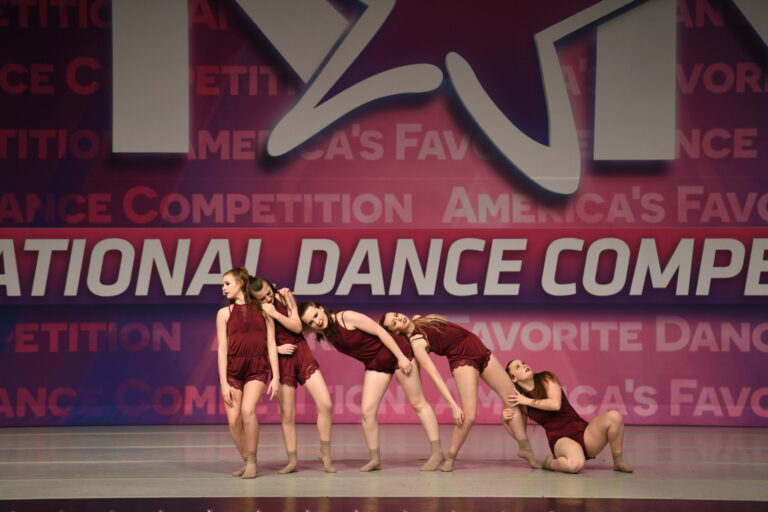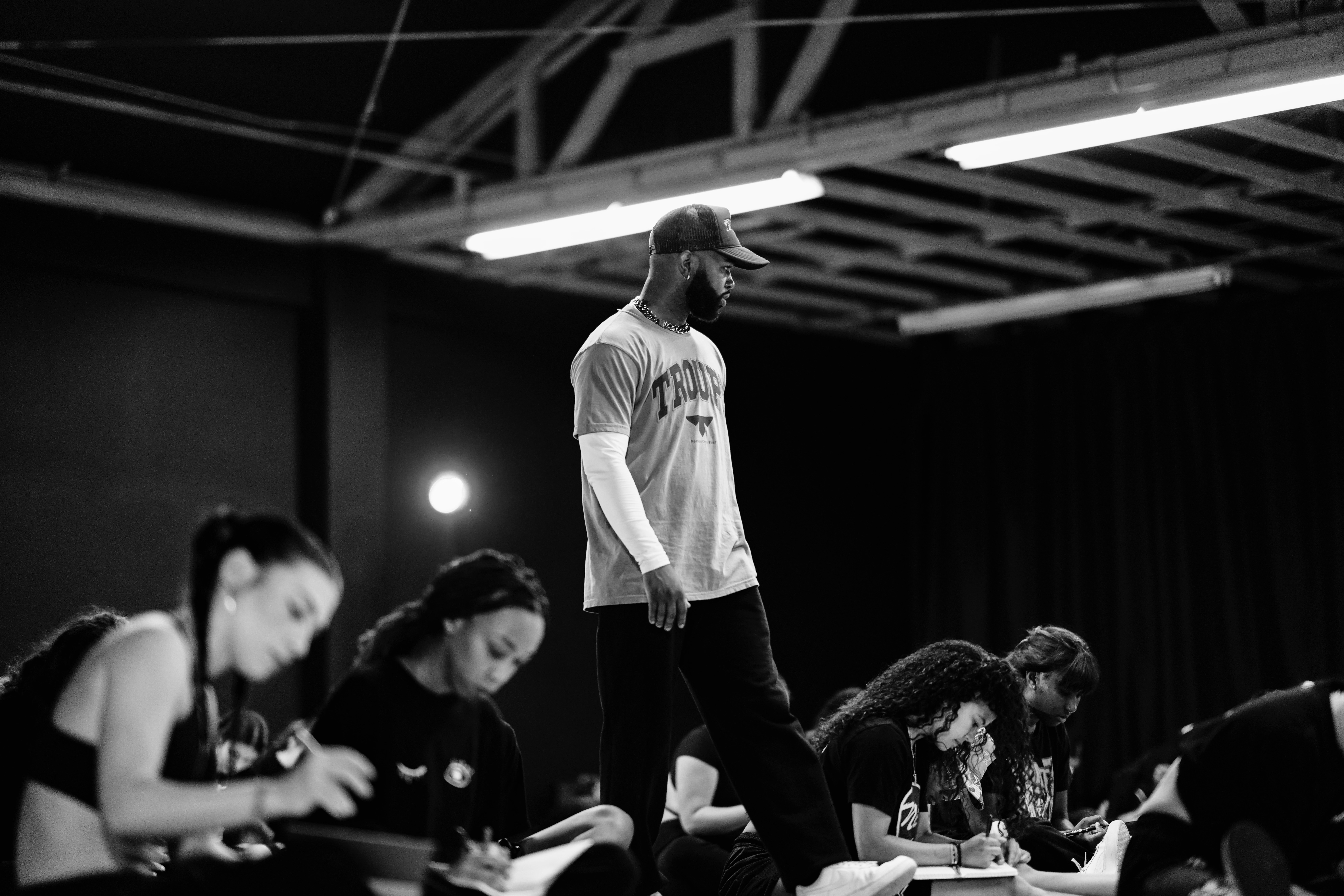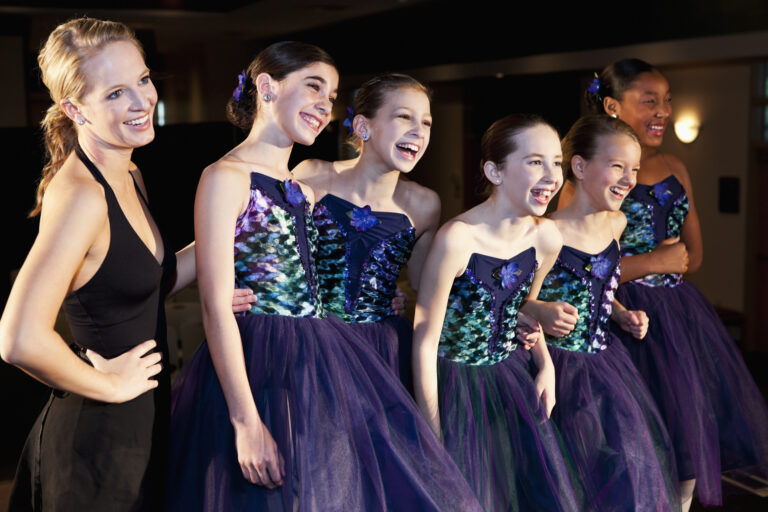You can’t take your eyes off her. She turns for days and effortlessly leaps across the studio. Now she’s begging you to coach her solo for competition. But she’s only 6 years old, and you wonder if she should even be competing, much less performing a solo. What if she blanks in the middle of her performance, gets hurt by the judges’ criticism or burns out by the time she’s 12?
Nancy Stone, director of Dance Olympus/DanceAmerica, and International Dance Challenge, says that being ready to compete has little to do with age. “I’ve seen 4-year-olds with a lot of stage presence dancing their hearts out. But I’ve also seen 12-year-olds that aren’t ready and should not be out there.” To make sure your students get the best competition experience, be sure to also consider their preparedness and maturity.
Do they have the necessary desire?
Cece White, director of two competition groups at Progressions Performing Arts in Spring, Texas, holds an annual audition for anyone interested in competing. She places the dancers who make the competition team in groups according to age and ability, and dancers can choose to add on a solo. “I used to worry about allowing a 6- or 7-year-old do a solo, but I don’t anymore. If they come and ask me, I’ll do it.” She only adds numbers to a students’ repertoire if they commit to rehearsing each dance weekly.
Are they prepared?
Stone suggests observing students at non-competitive performances to decide if they’re ready for competition. “It’s unfair to put them right into a competition,” she says. “Performing at other venues, not just recitals, but at nursing homes or performances at a mall, are great proving grounds for a dancer.” Before White’s students go to competition, they perform for each other at an informal show. “If a student learns a solo but isn’t comfortable doing it in front of our group, then they won’t compete as a soloist.”
Shari Tomasiello, director of Headliners Competitions, encourages teachers to remember that a competition is not a recital. “Dancers should be able to complete the routine properly and cleanly with no coaching from offstage,” she says.
How do they deal with criticism?
Psychologist Harlene Goldschmidt says that a dancer’s approach to competition is important. “They should be at a maturity level where they want to excel, do their best and feel proud.” They should also be able to retain “a sense of self, even if they lose,” she says. It’s important that they are mature enough to learn from their experience and move on. “An initial letdown is fine,” she says, “but they should cycle through it in a matter of hours or a day and look back and figure out what could have gone better.”
Will they burn out?
Even students with a strong desire to compete may burn out, especially if they begin at a young age. To avoid this, Goldschmidt encourages teachers to emphasize a love for dance above the need for perfect technique and precision. “Help dancers focus on the joy of moving and feeling the joy of expression,” she says.
Burnout may be difficult to avoid when dancers are overscheduled both inside and outside the studio. Karen K. Bowren, owner of North Little Rock School of Dance in Arkansas, limits the number of dances each student performs and coordinates with their schedules outside the studio. “So many dancers are in school and have lots of other activities, and we try to work with them even if it’s more work for us,” she says. Young dancers shouldn’t need to choose between dance, sports and other enticing extracurriculars. “They’re still kids, and we want them to be able to do other things, too,” Bowren says.
“You need to have other things in your life so you can come back to dance feeling fresh,” adds Goldschmidt. “Other interests bring out more artistry onstage because you’re not just this two-dimensional dancer. You’re a person, and people will love to watch you.” DT
Krista Jennings is a former Dance Magazine intern.
photo by Master Shots Photography; courtesy of Headliners



